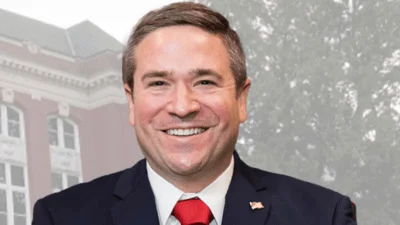Daniel P. Mehan, President and CEO | Missouri Chamber of Commerce and Industry
Daniel P. Mehan, President and CEO | Missouri Chamber of Commerce and Industry
The U.S. Supreme Court recently curtailed the power of federal agencies to interpret the laws they administer, ruling that courts should rely on their own interpretations of ambiguous laws. This decision effectively ends the Chevron deference, a 40-year-old practice that required courts to defer to agencies' interpretations when creating regulations.
In 1984, the Supreme Court established the Chevron deference, which mandated judicial deference to federal agencies' legal views, including those enforcing labor and employment laws.
On June 28, 2024, in Loper Bright Enterprises v. Raimondo, the court ruled that Chevron deference was inconsistent with the Administrative Procedure Act (APA) and granted unelected officials excessive authority.
During a recent webinar hosted by Littler’s Workplace Policy Institute, Littler Shareholder Alex MacDonald commented on the implications of this decision. He stated that courts will now provide statutes their "best" interpretation, reducing agencies' latitude in drafting broad rules.
“Federal agencies will likely issue more informal guidance,” MacDonald said. “What that really is, is the agency expressing their view of a statute. During the Obama administration, the Department of Labor would issue an administrative interpretation which would lay out why they felt a statute needed a fix, but it doesn’t have any binding legal effect.”
MacDonald noted this could impact private businesses attempting to comply with laws.
“They can’t find a particular code of federal regulations, so they go to an agency’s website and find these interpretations telling them what the agency’s view of the law is,” MacDonald explained. “Many businesses will say, ‘That’s good enough for me,’ because it’s the most authoritative thing they can find. So an agency can still influence behavior in the private sector even without issuing formal regulations.”
MacDonald also mentioned that while this ruling might lead to some Department of Labor regulations being invalidated eventually, employers may not observe immediate effects since no prior decisions made under Chevron were overturned.




 Alerts Sign-up
Alerts Sign-up